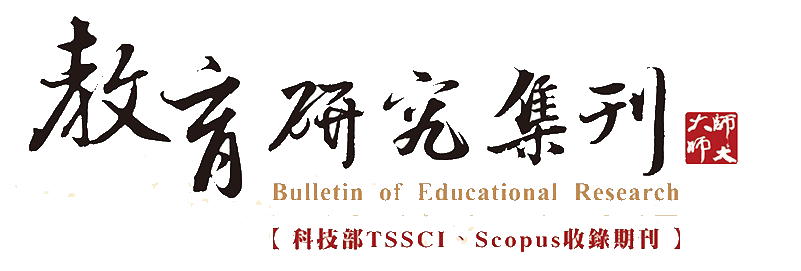| 篇名 | |
|---|---|
| 並列篇名 | The Implications of G. Vico and H.-G. Gadamer's |
| 作者 | 吳靖國 |
| 中文摘要 | 為建構共通感在課室中的發展原則,本文討論G. Vico與H.-G. Gadamer對共通感的界定,發現Vico賦予共通感以「教化」之意涵,而Gadamer則將之轉為詮釋學的基礎,賦予「生成」的意涵。由於師生在課室中互動過程的特殊性,讓教學動呈現明顯的辯證特質,單單強調「教化」容易形塑意識型態而造成教學的封閉性,單單強調「生成」則讓教學沒有秩序而可能造成反教育。因此,課室共通感的建立必然包括「教化」與「生成」兩個意涵,並以此接續到教育學中的兩個核心主軸──「價值論」與「存有學」。本文據此提出課室共通感的四個發展原則,即核心價值要兼顧個體需求的完滿性、信念系統要兼顧整體心靈的開展性、先前判斷要兼顧視域交融的循環性、教師形象要兼顧開放人格的奇魅性。 |
| 英文摘要 | This study focuses on the usefulness of Vico and Gadamer’s notion of “sensus communis” in constructing the developmental principles of “common sense” in the classroom. Vico gives sensus communis the meaning of “culativation,” and Gadamer, making it part of his hermeneutic theory, transforms it into something more like “becoming.” Here I argue that “cultivation” clone can lead to a dogmatic pedagogical ideology and self-containment, whereas “becoming” alone can lead to pedagogical chaos. Since the dialectical character of teacher-pupils interaction in the classroom is more than just simply “cultivation” or “becoming,” common sense in the classroom must involve both of the above senses, and so it must be connected to the two key axes of pedagogy-“axiology” and “ontology.” As such, this paper proposes four developmental principles for common sense in the classroom: first, its core value ought to encompass the unfolding of the human mind; third, its “prejudice” (Gadamer) ought to encompass “fusion of horizons”; and fourth, its “teacher’s image” ought to embody the charismatic character of a teacher’s personality. |
| 起訖頁 | 117-149 |
| 關鍵詞 | 課室共通感、教化、生成、Common sense in classroom、Cultivation、Becoming |
| 刊名 | 教育研究集刊 |
| 期數 | 200512 (51:4期) |
| 出版單位 | 國立臺灣師範大學教育學系 |
| 該期刊-上一篇 | 從「角色」到「自我」--論教師改變的歷史困境與可能 |








